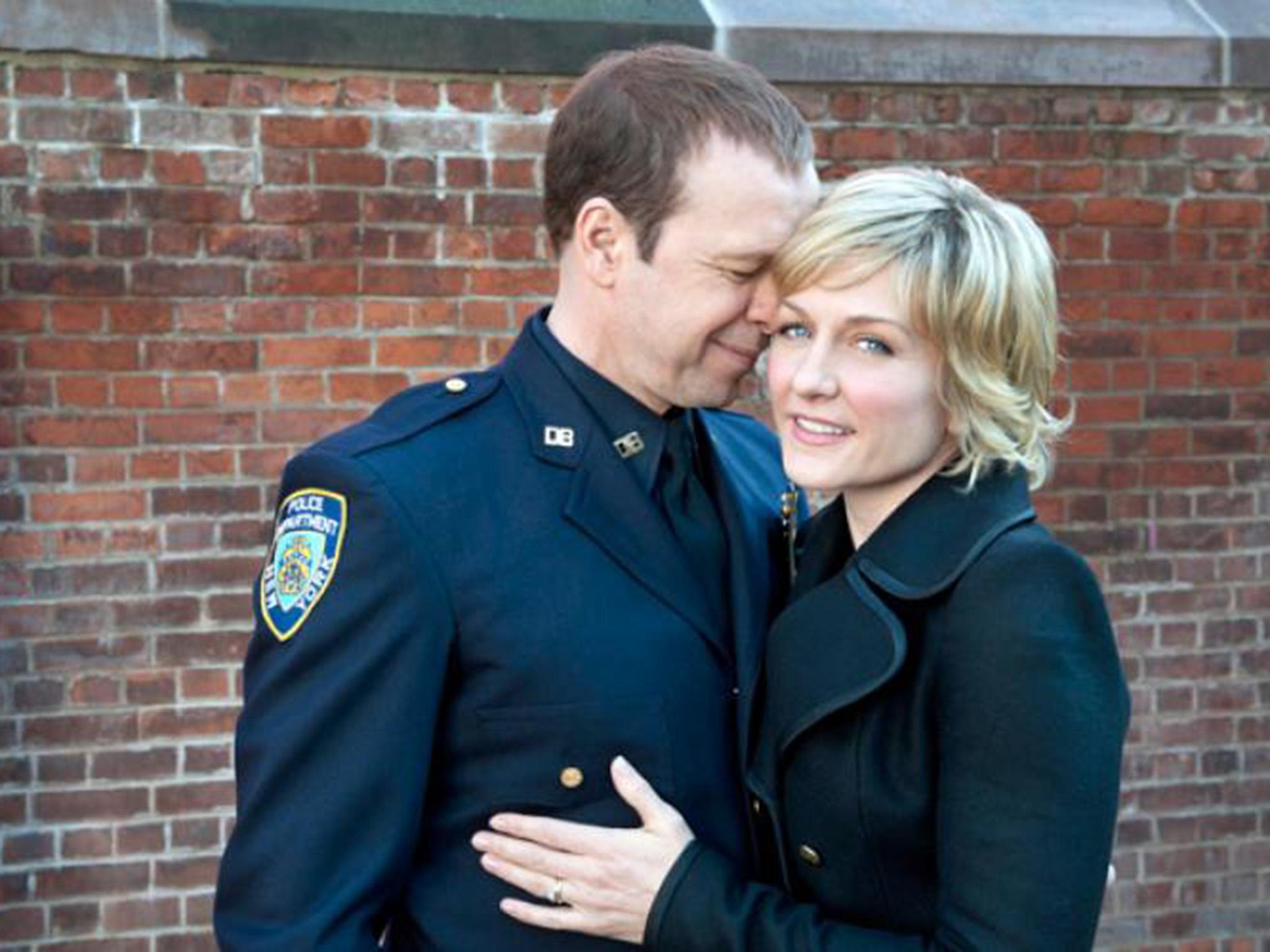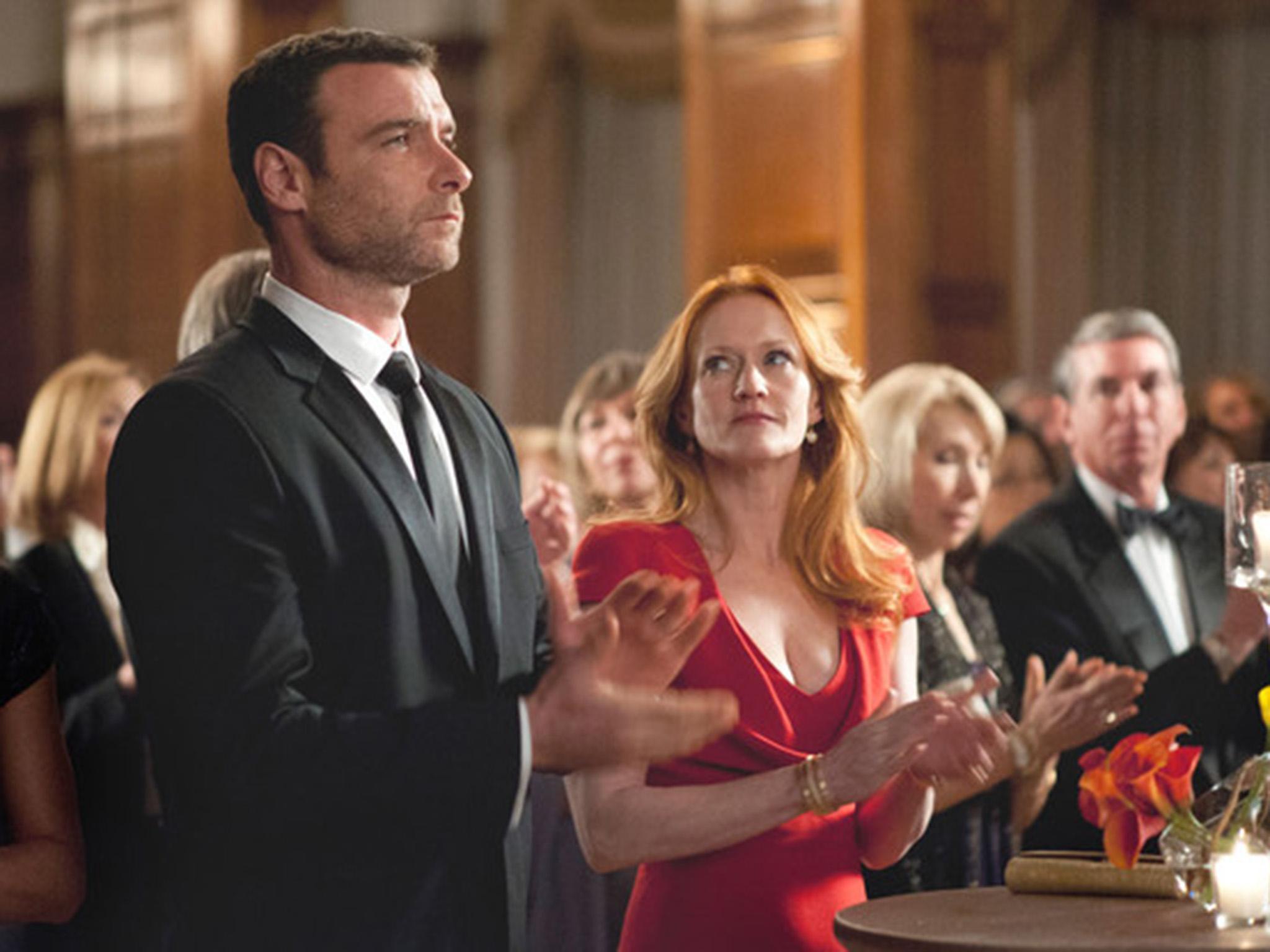‘Disposable’ women? Why do TV wives keep getting killed off on male-dominated shows?
It’s the ultimate murder mystery – why do the wives of male television protagonists keep getting axed? From Blue Bloods to Kevin Can Wait and Ray Donovan, it’s been a rough year for some female characters

Your support helps us to tell the story
From reproductive rights to climate change to Big Tech, The Independent is on the ground when the story is developing. Whether it's investigating the financials of Elon Musk's pro-Trump PAC or producing our latest documentary, 'The A Word', which shines a light on the American women fighting for reproductive rights, we know how important it is to parse out the facts from the messaging.
At such a critical moment in US history, we need reporters on the ground. Your donation allows us to keep sending journalists to speak to both sides of the story.
The Independent is trusted by Americans across the entire political spectrum. And unlike many other quality news outlets, we choose not to lock Americans out of our reporting and analysis with paywalls. We believe quality journalism should be available to everyone, paid for by those who can afford it.
Your support makes all the difference.The wives of male characters on television shows are having a rough year. Three shows – Blue Bloods, Kevin Can Wait, and Ray Donovan – recently killed off prominent female characters to power plots revolving around the show’s leading men.
The spate of deaths caused Philadelphia Inquirer television critic Ellen Gray to declare her unhappiness with “TV’s long love affair with dead mothers” in a column. “As long as I can remember, there have been dead moms on television,” Gray told The Washington Post in a phone interview. It’s a practice stretching back decades.
In the long-running western Bonanza, which aired for 1959 to 1973, one consistent plot was the character Little Joe’s inability to find a romantic partner. “Every time it seemed like Little Joe would be happy, his wife or girlfriend would have to die,” Gray said.
The 1960s gave rise to shows in which children were being raised by single men. In the Courtship of Eddie’s Father, which aired from 1963 to 1972, Tom Corbett (Bill Bixby) is a magazine publisher and widower raising a young son. And on Family Affair, which aired from 1966 to 1971, Bill Davis (Brian Keith) is a bachelor suddenly faced with raising his three orphaned nieces and nephews.
The trope, or cliche, of a plotline created by a dead wife and mom exploded in the 1980 and 1990s, birthing such shows as Diff’rent Strokes, My Two Dads, Who’s the Boss? and Full House, according to Richard Thompson, director of the Bleier Centre for Television and Popular Culture at Syracuse University.
Thompson said when shows run for several years, they often run out of stories to tell and need to pivot. If this includes cast changes, often it’s the women who will be written off the show – and if the women are mothers and spouses, then there’s an added emotional punch.
“It is true that when the casualty list starts to be devised, the females are more likely to be on it,” Thompson told The Post.

“That’s because you’ve already got built into the equation a gender preference for male characters” carried over from decades of scripted television that revolved around men. In most of these shows, he said, the “females characters have already been subordinated.” “If the title of a show is Ray Donovan, you can’t kill off Ray,” he said.
These deaths could be the dying gasps of an old trope, though. The last decade brought shows featuring female drug dealers, lawyers, detectives and doctors – leading roles traditionally played by men. Most of these characters were not simply defined by motherhood or their romantic relationships with men.

Watch Apple TV+ free for 7 days
New subscribers only. £8.99/mo. after free trial. Plan auto-renews until cancelled

Watch Apple TV+ free for 7 days
New subscribers only. £8.99/mo. after free trial. Plan auto-renews until cancelled
“In the ’50s, the female characters were generally the wife and mother,” Thompson said, adding “if you had single women, they didn’t want to be single.”
Today, Orange is the New Black, a show about a female prison, is one of Netflix’s crown jewels, and HBO’s Big Little Lies, a murder mystery featuring three female leads, won eight Emmys last month.
“Over the last 10 years or so, TV has become a place where great actresses of a certain age can come to be more than just the supportive wife (or the nagging wife), and play the complicated lead themselves,” Alan Sepinwall, television critic and author of The Revolution Was Televised, told The Post in an email. “Any indication that women are not disposable is a good sign,” Gray said. “It just might take the networks some time to catch up.”
But not everyone seems to have gotten the message. The most recent character death came in the eighth season premiere of CBS police procedural Blue Bloods earlier this month.
The show revealed that Linda Reagan (Amy Carlson) – a nurse and the wife of lead character Det Danny Reagan (Donnie Wahlberg) and mother to their two sons – had died while airlifting patients in a helicopter when it crashed.
In other words, last season she was alive. This season, she’s dead and the show acted as if everyone already knew that.
The death was so shocking that some fans wondered if they had missed an episode. That was CBS’s second off-screen TV wife death this year.
When its Kevin James sitcom Kevin Can Wait returned for its second season last week, fans learned that Donna (Erinn Hayes), his wife and mother to their three children, had died.
Viewers weren’t even told how she died. Finally, Showtime’s crime drama Ray Donovan also killed off its male protagonist’s wife and mother to their three children between seasons.
Ray’s wife, Abby (played by Paula Malcomson), was diagnosed with breast cancer earlier in the show’s run. The new season premiered in August to reveal that she was dead — but the cause of her death remained a mystery. Only this month was it finally revealed that she took her own life after not being chosen as a subject of an experimental cancer treatment.
Join our commenting forum
Join thought-provoking conversations, follow other Independent readers and see their replies
Comments